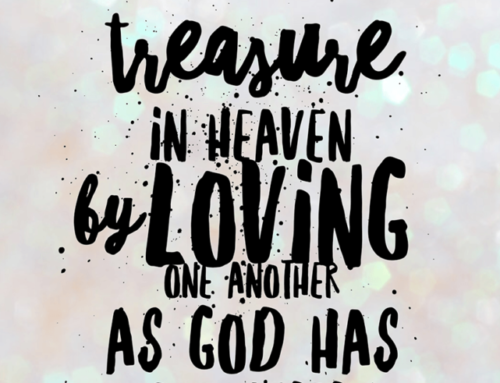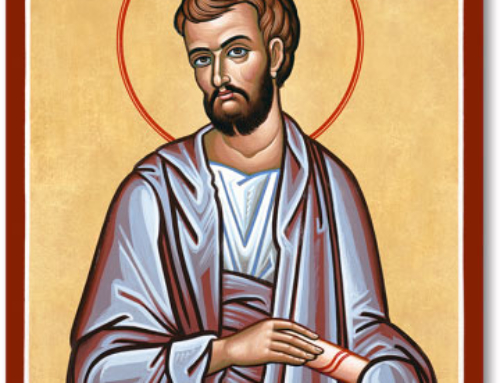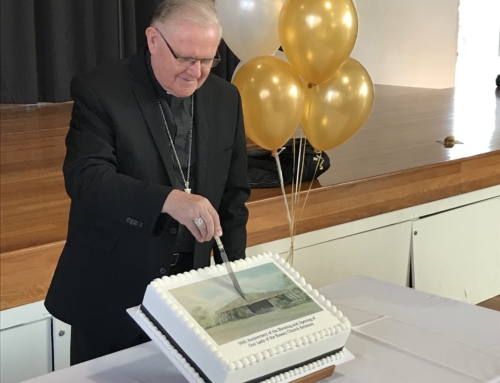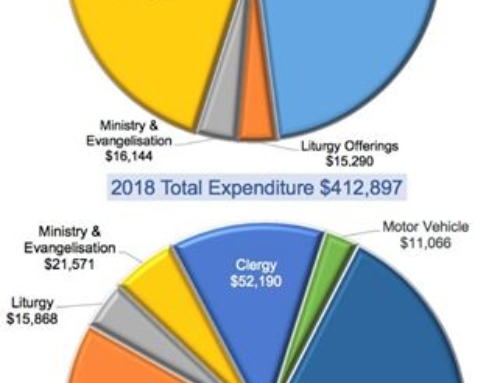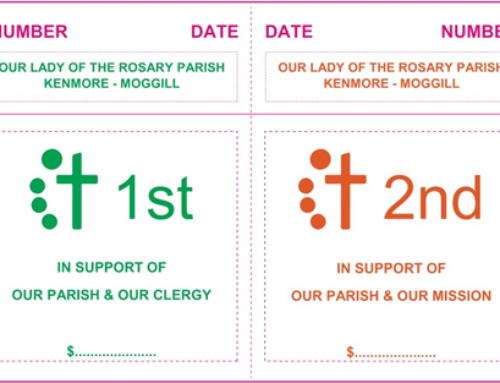The Wedding Feast at Cana

John the Evangelist doesn’t say that Jesus did ‘miracles’ or ‘marvels’. He calls them ‘signs’ because they are gestures that point toward something deeper than what our eyes can see. Concretely the signs that Jesus performs point to Jesus’ person and describe his saving power to us. What happened in Cana of Galilee is the beginning of all these signs. It is the prototype of those that Jesus will go about performing throughout his life. In that ‘changing of water into wine’ we find the key to understand the type of saving transformation that Jesus works and that his followers must work in his name.
It all happens in the context of a wedding feast, the human party, the most expressive symbol of love, the best image of the biblical tradition to express the communion of God with human beings. Jesus’ salvation must be lived and offered by his followers as a party that gives fullness to all human parties when these end up empty, ‘without wine’ and without leaving them really fulfilled.
Many people today do not find the Church’s ministry life‑giving. Liturgical celebration bores them. They need to see signs that are friendlier and life-affirming on the part of the Church in order to discover in Christianity Jesus’ own capacity to alleviate the suffering and the cruelties of life. Who wants to listen to something that does not seem to be joyful news, especially if the Gospel is preached with an authoritative and threatening tone? Jesus Christ came to provide a power to love and a reason to exist, a lifestyle to live sensitively and joyfully.
If people today only know a theoretical religion and can’t taste something of the festive joy that was spread by Jesus, many will continue to stay away. At the wedding feast, the water could be tasted as wine only when it was ‘drawn out’ that is, transferred from the six large stone water jars used by the Jews for their purifications. The religion of the law that is written on stone tablets is worn out. It has no living water, capable of purifying and satisfying our human needs. That religion needs to be freed by the love and the life that Jesus communicates.
In order to communicate the transforming power of Jesus, words alone are not enough; gestures of service are also needed. Evangelizing isn’t just talking, preaching or teaching; even less is it judging, threatening or condemning. We need to make our own lives the example and joyful style of Jesus himself. Our church today should be a place of joy and celebration, where people can feel welcomed, as at the wedding in Cana.
Fr. Mark Franklin
Parish Priest

